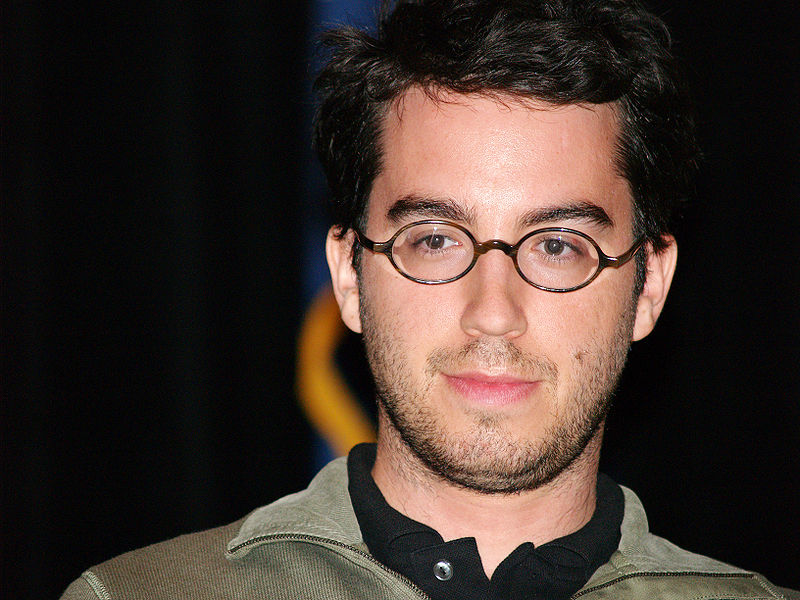Jonathan Safran Foer On The Incubating Factory Farm For Viruses
Written by Vegetarian Star on Monday, May 17th, 2010 in Animal Issues, Authors, Food & Drink.

Credit David Shankbone on Wikimedia Commons
So you love the taste of a well done steak or a ham and cheese sandwich.
You don’t give a flying saucer about animals and their pain and suffering.
Why should you make an effort to eat less meat, especially factory farmed meat?
Well, you don’t really want everyone in the office (not even the co-workers you don’t like) to come down with Swine Flu next year, do you?
Jonathan Safran Foer, author of his book on factory farming, Eating Animals, has interviewed with Vegetarian Times in the May/June 2010 issue where he gives this argument for those who aren’t interested one bit in “animal” welfare and rights.
“We known where the flu came from: it came from factory farms in North Carolina. The link between flu pandemics and animal agriculture is not an opinion. It’s a well documented fact by scientific organizations that have no interest whatsoever in promoting vegetarianism.”
Swine flu, of which cases were seen in humans over the past few years, has traditionally been confined to outbreaks among pigs.
Like other viruses, it sometimes develops an affinity for a different host.
According to Wired, in 1998, scientists found a strain of swine flu in U.S. factory farms that spread quickly, and experts warned then it could one day evolve the ability to infect humans, resulting in a pandemic.
Bob Martin, former executive director of the Pew Commission on Industrial Animal Farm Production and a critic of factory farms, called these environments, “super-incubators for viruses.”
Possibly Related Posts:
- Jon Stewart and Wife Tracey Stewart Adopt Horse
- Chrissy Teigen Failed Vegan Experiment
- Mia Evans Is A “Masterchef Junior” Vegetarian Star
- Ringling Brothers, Barnum & Bailey Elephants Retire To Sanctuary
- Holly Madison Enjoys Vegan Smoothie From M Cafe In Beverly Hills




